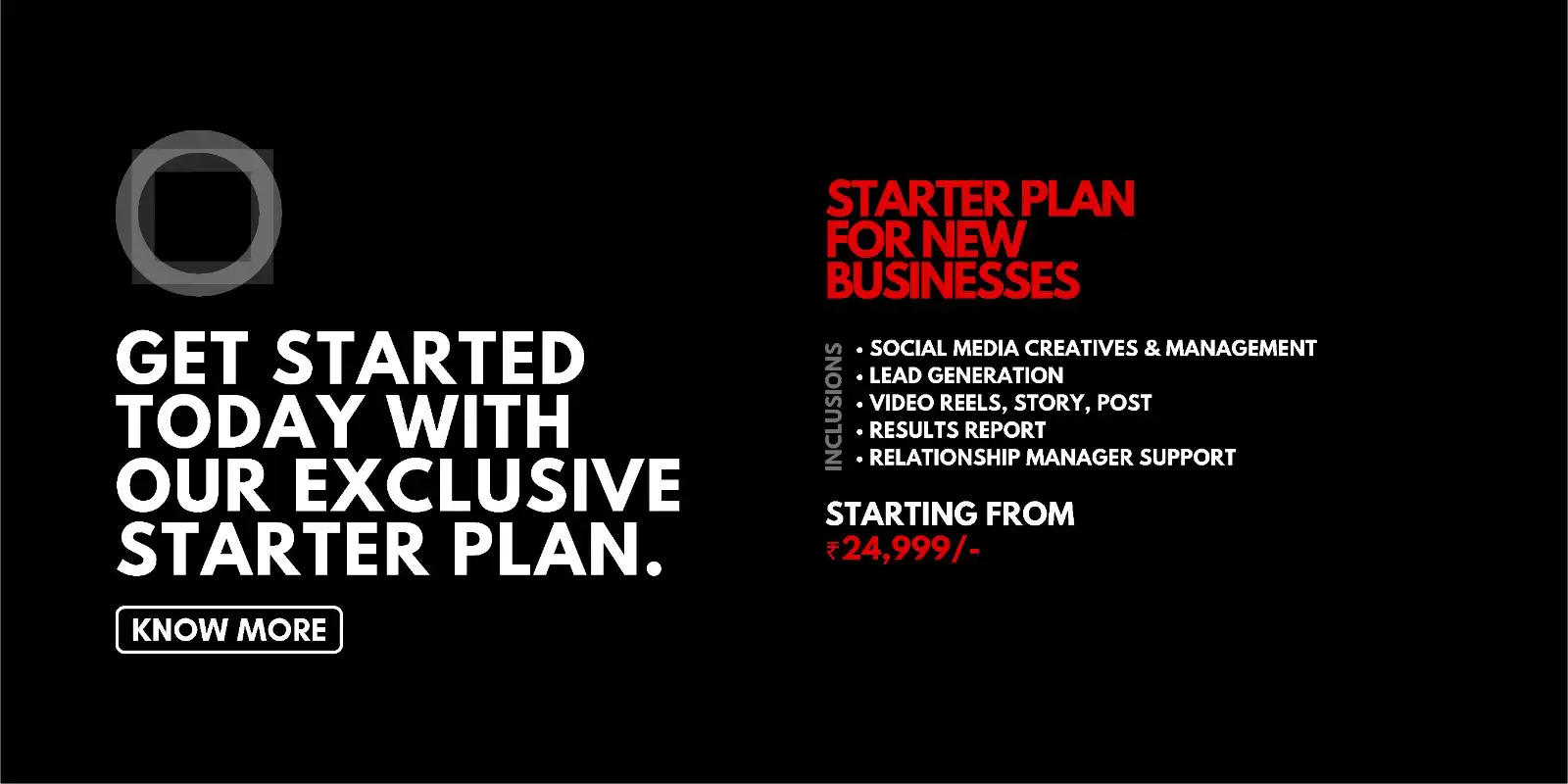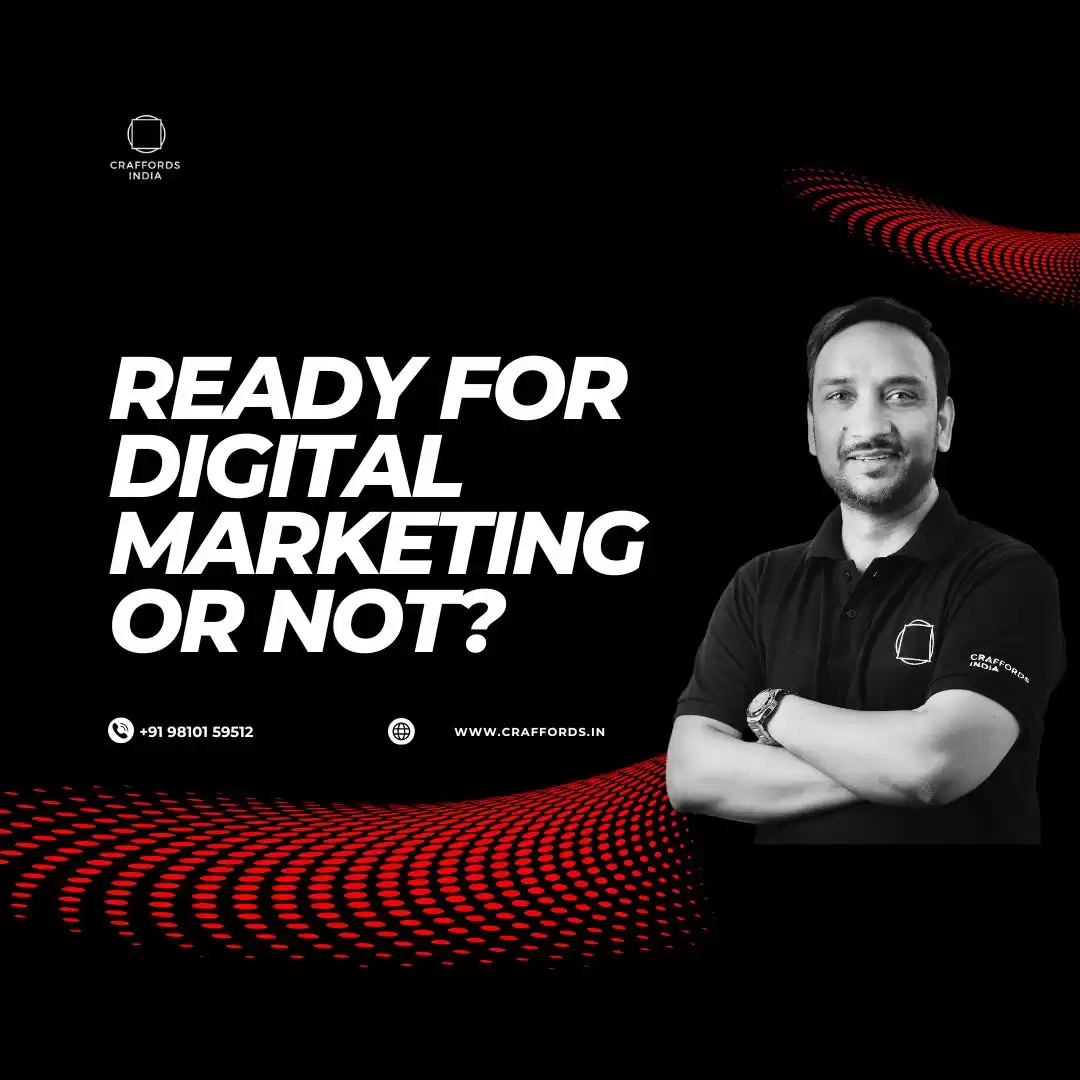Get in Touch
When it comes to setting a budget for digital marketing, there's no limit to how much you can spend, but you need to be clear on your goals. Before starting any campaign, determine what you want to achieve—whether it’s a certain number of product sales, a specific revenue target, or brand awareness over 3, 6, or 12 months. Your budget should reflect these goals.
A common rule of thumb for marketing budgets is to allocate between 1.5% and 10% of your revenue to marketing, including agency fees and human resources. However, this can vary depending on your unique business situation. The key is to start small, with a budget aligned to your goals, and focus on crafting a powerful message that captures your audience's attention.
Once you start seeing results from your campaigns, scale up gradually while keeping a close eye on your return on investment (ROI). This will help you decide whether to continue investing in your marketing efforts at that level or adjust your spending as needed. Remember, the ROI will guide your decisions on budget scaling, but always factor in the unique dynamics of your market and business.
Setting a Budget for Digital Marketing: How to Plan for Success
Introduction: Setting a budget for digital marketing can seem overwhelming, especially when there are so many factors to consider. Whether you’re aiming to increase sales, drive traffic, or boost brand awareness, your budget should be closely tied to your marketing goals. In this guide, we’ll walk through the key steps to ensure you set a realistic, effective marketing budget.
1. Define Your Goals and Timeline: Before determining your budget, it’s essential to outline what you want to achieve. Are you looking to sell a certain number of products? Do you have a revenue target for the next 3, 6, or 12 months? Once you’re clear on these goals, you can estimate how much you should spend to reach them.
2. The Marketing Budget Rule of Thumb: A general rule of thumb for businesses is to allocate between 1.5% and 10% of your revenue to marketing. This percentage can vary based on factors such as industry competition, business growth stage, and marketing objectives. Your marketing budget should include not only media spends but also agency fees and human resources.
3. Start Small, Then Scale: It’s a good idea to start with a modest budget. Focus on creating a strong message and compelling creative content that resonates with your audience. Once you start seeing positive results, you can gradually increase your budget, scaling up your campaigns for greater reach and impact. Always keep an eye on the performance metrics to ensure that your budget is being used efficiently.
4. Track ROI for Informed Decisions: One of the most critical aspects of setting a marketing budget is monitoring your return on investment (ROI). Your ROI will help you understand if your marketing efforts are paying off and whether it’s worth continuing to invest at the same level or adjusting your budget. The goal is to ensure that every dollar you spend contributes meaningfully to your bottom line.
5. Be Flexible and Adjust Based on Results: Remember that budgeting for marketing is not a one-size-fits-all approach. There are numerous factors to consider, including customer behavior, market trends, and campaign performance. Be prepared to adjust your budget as you gain insights from your campaigns. This flexibility will allow you to optimize your marketing efforts and maximize results.
Creating a marketing budget doesn’t have to be complicated. By setting clear goals, starting with a modest spend, and keeping a close eye on your ROI, you can make informed decisions that lead to successful digital marketing campaigns. While the 1.5% to 10% rule of thumb is a helpful guideline, always consider your unique business situation and be ready to adjust your strategy as needed.




